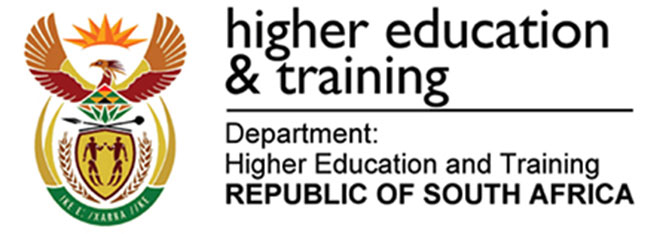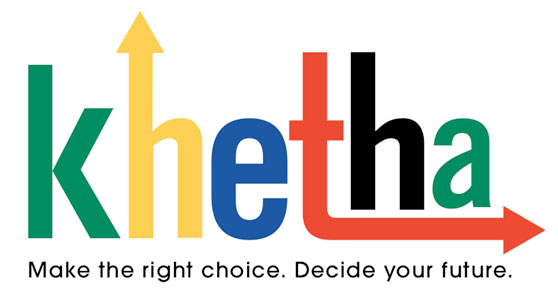Disruption of career services during uncertain economic times
The disruption of the concept ‘career’ or ‘career development’, propels the disruption of career services during uncertain economic times. The world of work is currently confronted with exponential challenges of fluctuations brought about by the ever-changing technological innovations. Artificial intelligence (AI) is fast altering the career development field and the world of work. Career development practitioners face the ubiquitous challenges posed by AI, that is, possibly being replaced by e-psychological or e-counselling services that can be provided by non-humans. Thus, adding to the predicament of unemployment among many, including career practitioners. The influx of AI could enhance access to career development services, provided the infrastructure allows for access. Societal ways of life may also need to adjust to the availability of AI, seeing it not as negatively affecting the career development landscape, but providing opportunities to innovatively include it in service delivery.
Career practitioners are expected to forecast the future landscape of careers. However, during uncertain economic times, the patterns of prediction become profoundly disrupted. The whole career value chain becomes extremely uneven and uncertain, thus hindering career practitioners’ art and science of guiding and counselling their clients effectively. Uncertain economic times are characterised by great fluctuations, uncertainties, insecurities, or even meltdowns in some contexts. These render career development services extremely complex, while the end user’s concern is merely surviving from day to day, month to month or miraculously making it through the year. In such circumstances, basic survival becomes imperative, and it may not be the time to discuss with anyone about tomorrow when today is about the need to survive. Uncertain economic times thus, render career development service luxury status, no longer perceived as a need. In the short term, this might seem to make sense, but from the lifelong career perspective, non-use of career development services adds chaos to an already volatile situation of daily uncertainty.
Individuals might become despondent, society distrustful and systems and services neglected. The human factor might not seem to make sense in uncertain economic times, yet career practitioners might bring innovative solutions to ailing systems and services, but importantly encourage human being not to despair. Operating from chaos theory, career practitioners might use the uncertainty experienced by many to encourage better planning, management of available resources, pooling resources together where possible and outright change in lifestyles.
Developing resilience and coping techniques for career professionals
Hard times promote resilience. To be effective service providers, career practitioners need to first resile through uncertain economic times. The first step is to promote striking the balance between the mind, the heart, and the purse. Career practitioners need to lead balanced lives before they can attempt to advise others. The following coping techniques are desirous:
- Maintaining career security through ascertaining employability
- Turning difficulties into opportunities
- Proactively positioning oneself through networking
- Developing new skills relevant to the knowledge economy
- Prioritising self-care for well-being and a positive mindset
- Engaging a professional coach
This is by no means an exhaustive list, but these emerge as some of the techniques believed to be feasible to help career practitioners during uncertain economic times.
How South African Career Advisors Can Build Resilience in Times of Economic Uncertainty
Career advisors are pivotal to career development services in South Africa. They provide individuals and groups with information about career choices and assists individuals with self-development. The term career advisor is used interchangeably with career counsellor, career consultant, and vocational guide under the umbrella term, career practitioner. This identity haziness is a primary challenge towards building resilience. South African Career Advisors can build resilience through:
- Building from failure and cultivating a growth mindset.
- Using positive psychology principles to build resilience.
- Enhancing career development operational resilience.
- Building career resilience.
There is no panacea to the complex nature of career development, let alone in times of economic uncertainty. However, the four points above could provide direction for career advisors in South Africa. While career resilience is expected from everyone, it implies encouraging and guiding clients to take charge of their own career paths and continuously developing new skills required for emerging gaps in the world of work. Clients need to learn and develop resilience skills consciously even during good times. This is in anticipation of challenging times, so that when they knock unannounced, they find people prepared because they anticipated the inevitability of imminent challenges. Career advisors are therefore called upon to amass sufficient information to allow them to guide clients amidst uncertainty. Due to the fluidity of knowledge and information, as well as careers, career advisors are duty bound to create a mindset of a strong curiosity for learning and continuous research. Clients must be assisted to adapt to the ever-changing world and develop boundaryless and protean careers that can allow them to operate in the global labour market through hybrid working contexts. Professional career development practitioners are the bedrock of society, the oasis in terms of joblessness and developing resilience, is for them gaining competencies that allow them to stand and support the discouraged.
See our contact details below:
Telephone: 086 999 0123
Please call me / sms: 072 204 5056
Fax: 012 323 1138
Email: careerhelp@dhet.gov.za
Website: www.careerhelp.org.za
National Career Advice Portal (NCAP): http://ncap.careerhelp.org.za/
Facebook: www.facebook.com/careerhelp
Compiled by Prof Maximus Monaheng Sefotho
Department of Educational Psychology
University of Johannesburg, South Africa
https://orcid.org/0000-0003-0704-1983
eMail: msefotho@uj.ac.za

